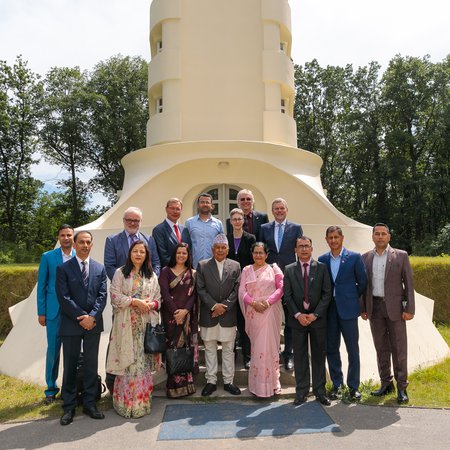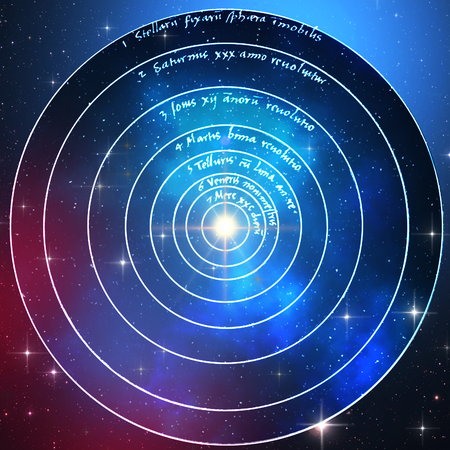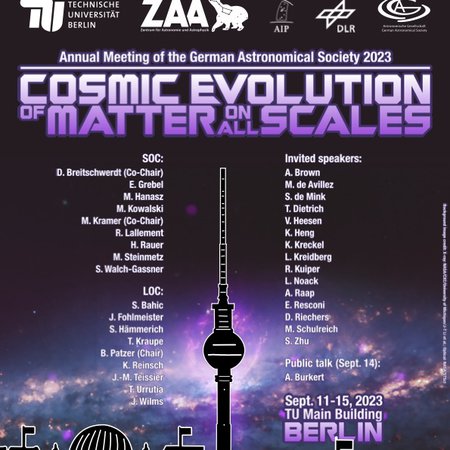15th AIP Thinkshop: the role of feedback in galaxy formation

The active galaxy M82. Supernova explosions through gas and dust (blue and red) from the galaxy (yellow-green) into space.
Credit: NASA, ESA, CXC und JPL-CaltechFrom the 3rd to the 7th of September, more than 130 scientists meet at the 15th Potsdamer Thinkshop on the Telegrafenberg, Potsdam, Germany.
Each year, the event series of the Leibniz Institute for Astrophysics Potsdam (AIP) focuses on a different field of astrophysical research. This year, it's about the processes that influence the formation of galaxies.
"The 15th Thinkshop brings leading international experts and students working in both Galactic and extragalactic astronomy together. They will discuss the different components of a galaxy - stars, gas, non-thermal components, dust, and dark matter - and where these components are found within and around galaxies, from both an observational and a theoretical point of view. The final objective is getting a better understanding on the feedback processes that rule the evolution of galaxies," explains Prof. Dr. Christoph Pfrommer, head of the Cosmology and High-Energy Astrophysics section.
Further information
Images
The active galaxy M82. Supernova explosions through gas and dust (blue and red) from the galaxy (yellow-green) into space.



